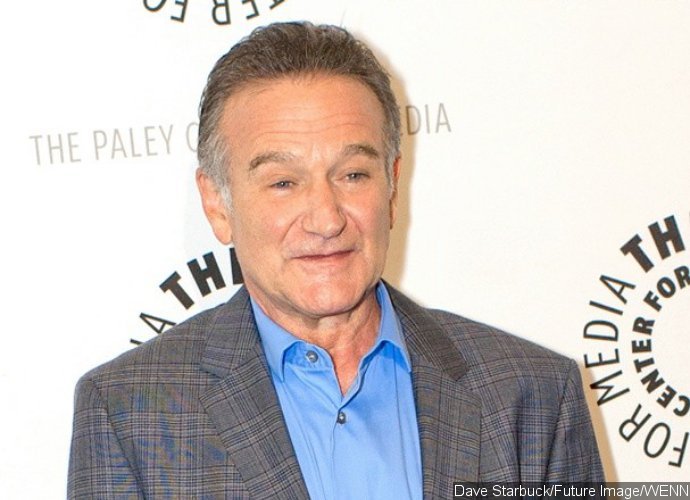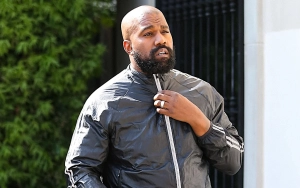
News of Williams' death appears to be associated with the rise of suicides in the four months that followed his passing.
- Feb 8, 2018
AceShowbiz - It's saddening, yet it's a fact. The number of suicides in the United States rose 10|percent| in the four months after Hollywood actor and comedian Robin Williams took his own life in August 2014, study finds.
According to research published Wednesday, February 7 in the journal PLOS ONE, CDC data revealed that there were 18,690 deaths by suicide in the U.S., an additional 1,841 or a 9.85|percent| increase compared with the 16,849 suicides that past data and trends would have predicted for that time period.
The highest number of unexpected suicides was observed among men ages 30 to 44, whose suicide rate rose almost 13 percent. The researchers also found that the number of suicides by suffocation, which is how Williams died, saw a 32|percent| increase.
"This is the first study to examine the consequences of a celebrity suicide in the digital era," said David S. Fink, lead author of the new study and a post-doctoral researcher in epidemiology at the Mailman School of Public Health at Columbia University. "When you looked at the data, you didn't need statistics to see that something happened," he added, "You see this very large spike in August that you can just tell is off."
Fink explained that media reports, some of which described how Williams hanged himself, might have provided the "capability necessary for a high-risk segment of the U.S. population, middle-aged men in despair, to move from suicidal ideation to attempt."
While the research doesn't prove that Williams' death and the resulting news coverage and social media response caused the observed spike in suicides, Find said that a number of parallels in regards to the time and method of Williams' death suggested that it at least played a part.
"This study supports much of what we already know about the influence our environment has on our behaviors in general and suicide in particular," Fink said. He added that policy-makers and researchers need "to better understand the role that traditional and social media have on suicidal behaviors to understand how to better mitigate these deaths."
Responding to the finding of the research, John Ayers, a computational epidemiologist who works as an adjunct associate professor at San Diego State University, said, "What we need to do is extend this research beyond living in the past to the present. And try to develop strategies where we can have these types of insights while they're happening so we can respond."









